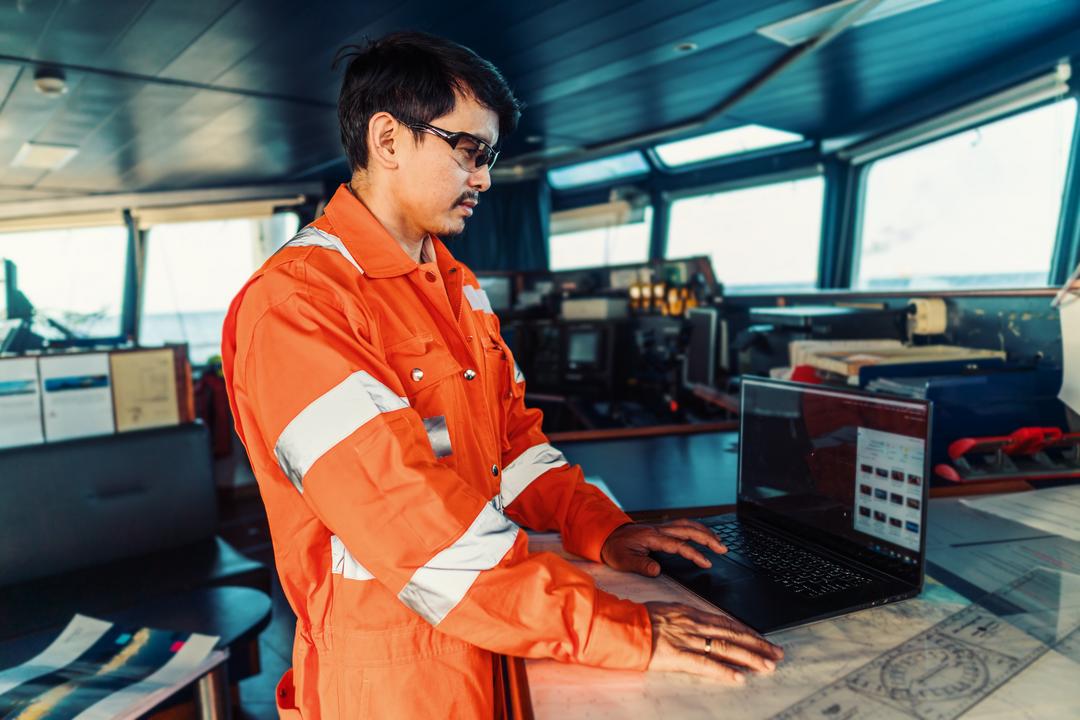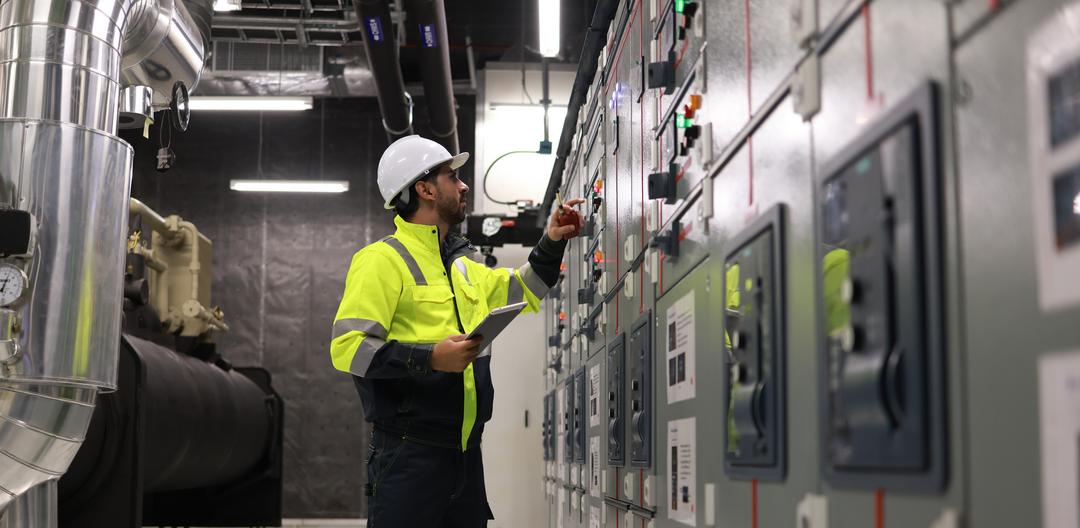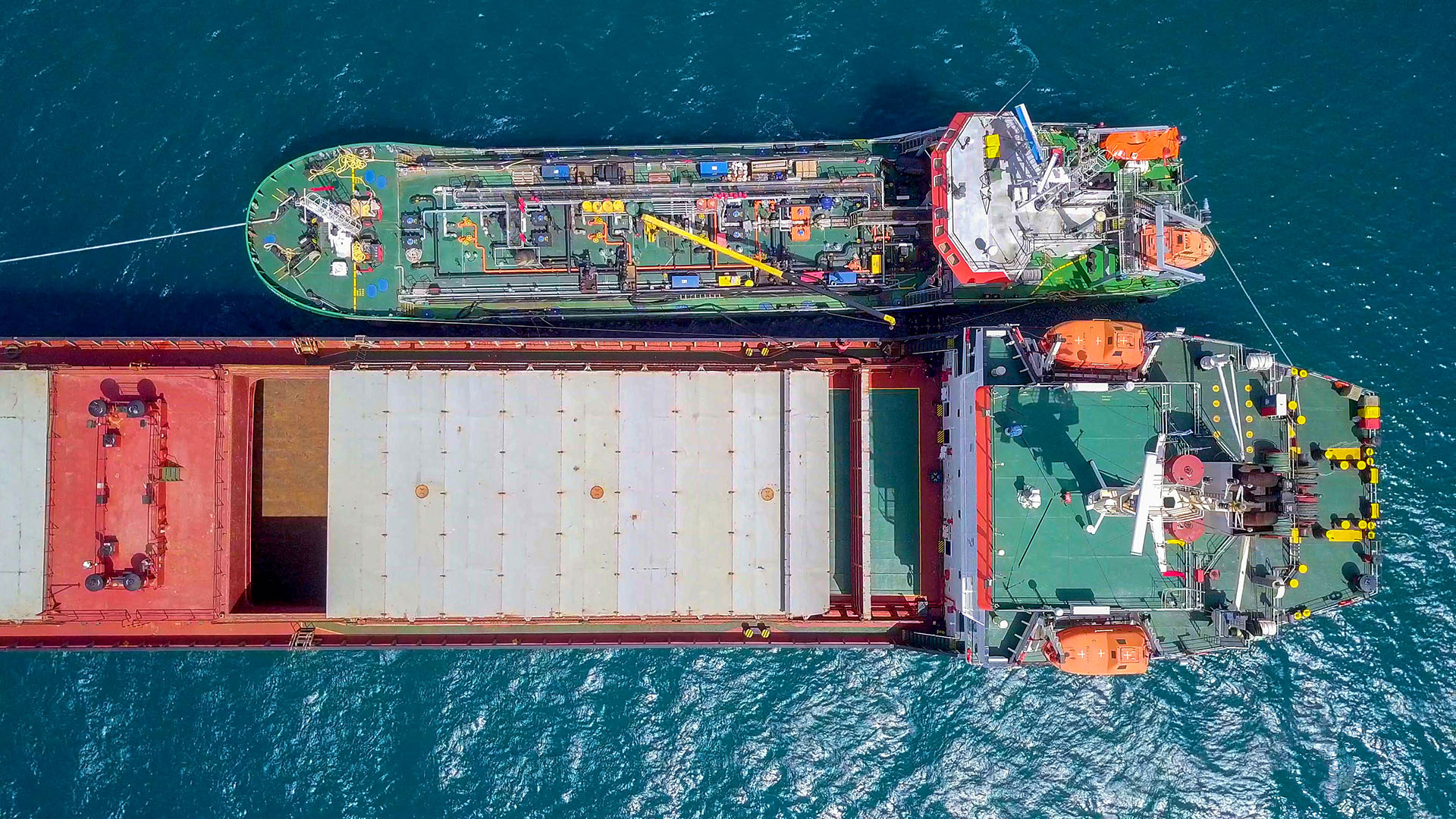According to the SMM Maritime Industry Report 2023, nearly half of the ship owners surveyed expressed scepticism about achieving the emissions targets set by IMO.
Their concerns revolve around the high standards set, the lack of alternative technologies and fuels, inadequate commitment from some countries, tight timelines, the scale of existing fleets, and the associated costs. The majority of suppliers are grappling with rising energy costs, which can drive up product prices.
As the shipping industry carries more than 90% of world trade, the sector is known for its massive impact on global emissions of which 3% can be traced directly to the maritime industry. Now, early this summer, the industry organ, International Maritime Organization (IMO), agreed to an updated, industry-wide strategy to pave the way for net-zero shipping by 2050.
While the strategy itself has received quite a bit of critique for lacking a concrete plan of action since its release, the objectives are clear and binding for the industry: Reach net-zero greenhouse gas (GHG) emissions by 2050 but with checkpoints of 20-30% already by 2030 and 70% by 2040.
However, the industry's ability to meet these targets has come under scrutiny by Hamburg shipping trade fair organiser SMM.
The IMO's strategy may face criticism for lacking a detailed action plan, but the objectives are clear and binding for the industry. The sector has seen considerable research into alternative fuels such as Liquified Natural Gas (LNG), ammonia, and methanol. Recently, Maersk introduced the world's first vessel powered by a methanol-fueled engine. These innovations are steps in the right direction, but achieving the targets will require a multifaceted approach.
At Danelec, we want to emphasize the need for incremental change to gain momentum in the short term. Today, the global fleet averages almost 22 years of age, making it impossible to simply sit around and wait for the entire global fleets to be renewed. To meet the 20-30% reduction goal by 2030, the industry must explore different measures.
One promising avenue to reduce fuel consumption and greenhouse gas emissions is digitalization. I would argue that digitalization holds the key to addressing sustainability, productivity, and transparency challenges within the maritime industry. The statistics support this assertion, with 70% of ship owners currently exploring new digital solutions.
Traditionally, ships have relied on daily noon reports, where the crew compiles data about the ship's performance, including its position, speed, and weather conditions. However, the quality of data in these reports can be inconsistent, making it challenging to make informed decisions.
Digitalization can significantly improve data collection and analysis, enabling ship owners to make real-time, data-driven decisions to optimize fuel consumption and reduce greenhouse gas emissions. With advanced technology, the maritime industry can enhance safety and efficiency while also reducing its environmental footprint.
While alternative fuels and technologies are essential, digitalization offers immediate, actionable steps toward reducing emissions and improving sustainability. As the maritime industry continues to innovate and adapt, it will play a pivotal role in reducing its environmental impact and contributing to a more sustainable future for global trade and transportation.




